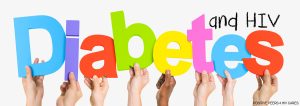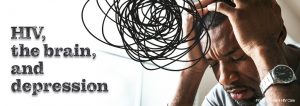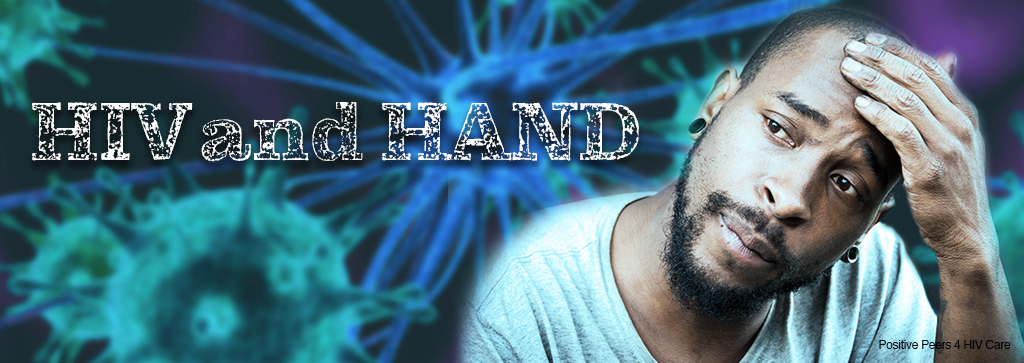
By: Ann K. Avery, MD, Infectious Disease Physician at MetroHealth Medical Center
Let’s do a little HIV refresher first. It may seem silly, but it will make understanding HAND a lot easier, we promise!
So, HIV weakens the immune system over time, which can make people living with HIV more likely to develop complications like infections and certain types of cancer. HIV also affects the central nervous system, including your brain, spine, and all your nerves.
When the HIV epidemic first hit, they didn’t have the treatment options we have today. About half of the people living with HIV ended up with life-threatening brain conditions in the 1980s and 90s.
Thanks to antiretroviral medication that’s been developed to slow HIV’s progression, this isn’t as big of a concern for many people as it once was. Sadly, there are still countries that don’t have modern antiretrovirals available to people with HIV.
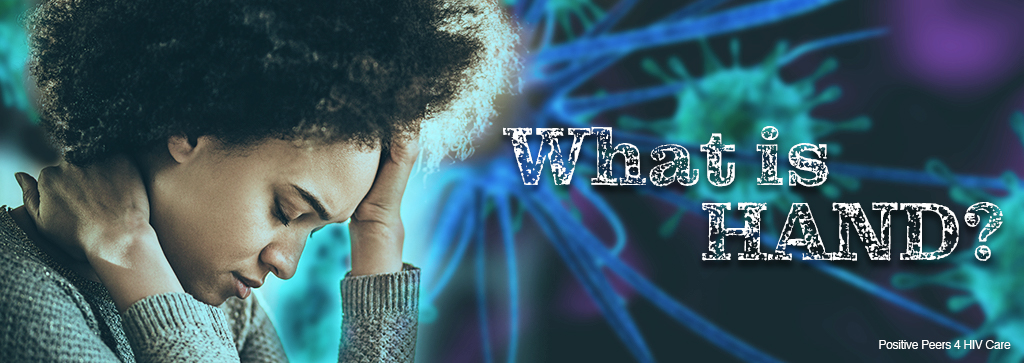
What is HAND?
HAND stands for HIV-associated Neurocognitive Disorder and is a condition that causes brain function and movement skills to decline. How bad HAND is varies from person to person. HAND gets broken down into Asymptomatic and Symptomatic HAND.
Asymptomatic HAND
The full name is Asymptomatic Neurocognitive Impairment or ANI. People with ANI don’t show the symptoms the other forms of HAND do, but during cognitive tests, they do worse than people with other forms. People with ANI often develop symptomatic impairments like Mild Neurocognitive Disorder (MND) more often than people who have normal cognitive tests.
Symptomatic HAND has two different categories.
● Mild Neurocognitive Disorder
MND is the most common form of HAND. Symptoms of MND cause various behavioral changes, including:
■ Problems with concentration and decision making.
■ Difficulty in learning and retaining information
■ Memory issues
■ Tremors and coordination problems.
● HIV-associated Dementia, or HAD
Thanks to antiretroviral therapy, HAD is by far the least common type of HAND. Less than 5 percent of folks taking antiretroviral meds end up HAD.
What causes HAND?
One symptom of HIV is inflammation in the body. The inflammation damages cells, including immune cells that help protect your nerve cells. Nerve cells operate in your nervous system, and the damage prevents your nervous system from correctly working. Unfortunately, HIV meds are unable to stop it.
Some people are more likely to develop HAND than others. This includes:
● People who have lived with HIV for a long time
● People who don’t have their HIV under control
● People who have HIV and Hep C co-infection
● People who have cardiovascular disease
● Older folks
Come join our private, stigma-free, supportive community.
Health management tools with medication & appointment reminders.
Social networking in a community conversation & private chats.
HAND Symptoms
Like with most ailments, HAND symptoms vary from person-to-person and in severity. It also has a wide range of symptoms a person can experience.
The more severe form of HAND is hard to recover from because it causes extensive brain damage.
A few symptoms associated with severe HAND are:
● Memory problems
● Extreme mood swings
● Problems paying attention
● Less physical coordination
● Incontinence
It’s pretty common for the mild form of HAND to get overlooked and only get noticed by very sensitive tests. Mild HAND symptoms include:
● Slowed reflexes
● Memory problems like remembering something you’ve just read or heard
● Having trouble learning new things and tasks
● Problems paying attention
● Brain fog
● Feeling hopeless, anxious, and sad
The symptoms we just talked about are pretty common with a lot of other conditions someone could have too. Some of these conditions are anxiety and clinical depression, co-infections, substance abuse, cardiovascular disease, and even by some of the meds you take.
Three separate, unique categories classify HAND. They are cognitive, motor, and behavioral.
● Cognitive changes: problems have to do with your memory, concentration, and attention span.
● Motor changes: having balance issues, losing bladder or bowel control, and weakened coordination.
● Behavioral changes: having mood swings, changes in personality like irritability and apathy, loss of inhibition and impaired judgment, and psychosis symptoms like paranoia, hallucinations, rage, and disorientation.
A lot of times, cognitive changes are first noticed by the people closest to the person with HAND, people like family and friends, health care providers, and caregivers. If behavioral and motor changes occur, they tend to happen in the later stages of HAND.
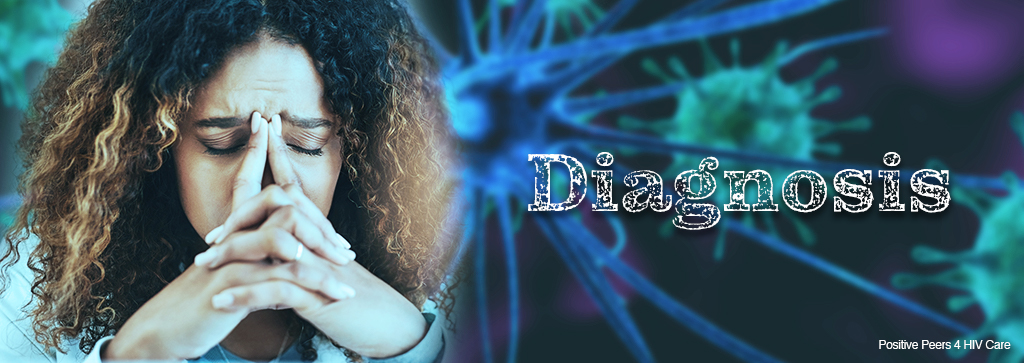
Diagnosis
Diagnosing HAND can be both challenging and complex because so many of the symptoms overlap with other conditions. For a HAND diagnosis, a few different things are required. These are:
● A mental status exam to determine if someone has concentration issues, memory loss, mood swings, and other problems.
● Brain scans, such as x-rays, MRIs, and CT scans.
● A spinal tap to the cerebrospinal fluid.
Having family members or friends to help answer questions and corroborate any memory and behavioral changes are often the best way to diagnose HAND. There is a test that can definitively diagnosis HAND, so doctors make a diagnosis based on test results.
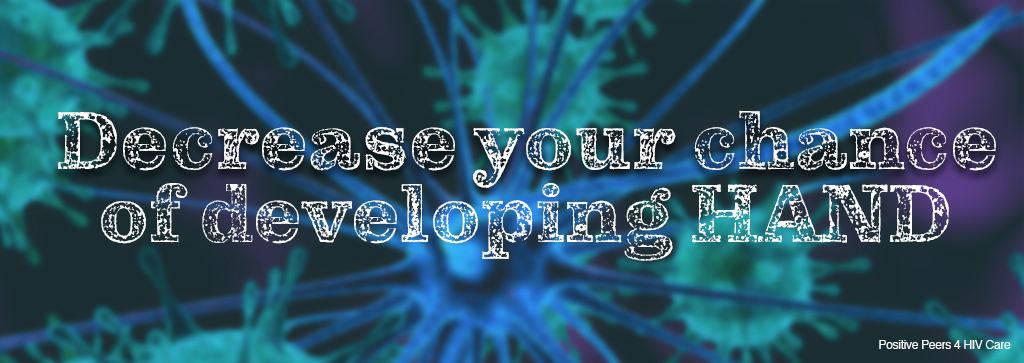
Decrease your chance of developing HAND
No one is sure if HAND can yet be prevented or even treated. There are things you can do to decrease your chance of developing it. One of the best things you can do is to keep up with your HIV regimen and antiretroviral meds. This especially helps with HAD!
It’s hard living with HIV, and it’s hard when you have HAND on top of that. Coming up with ways to cope helps so much. Living an active lifestyle, utilizing your mind, finding a great hobby, and getting support through awesome groups like Positive Peers can do wonders for you and your health!
Related Blogs:

